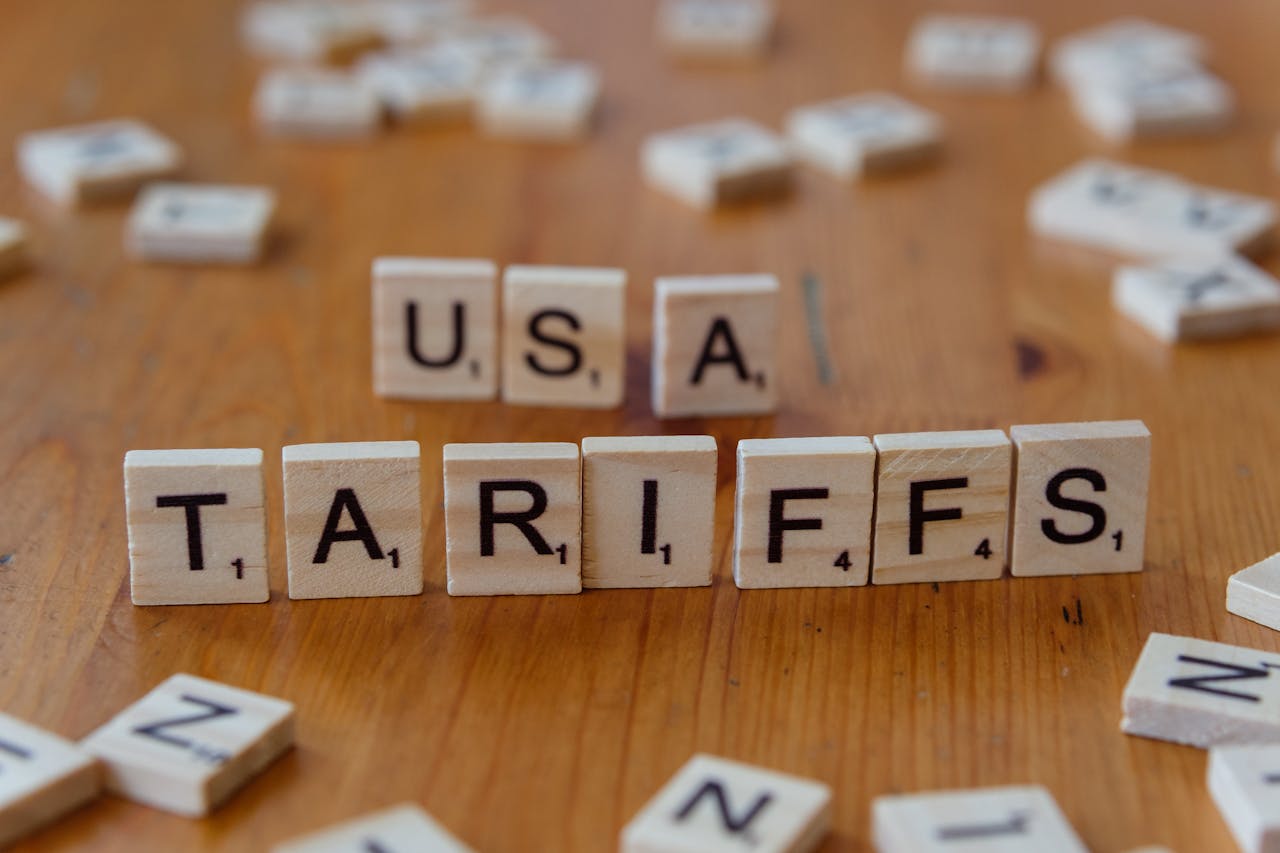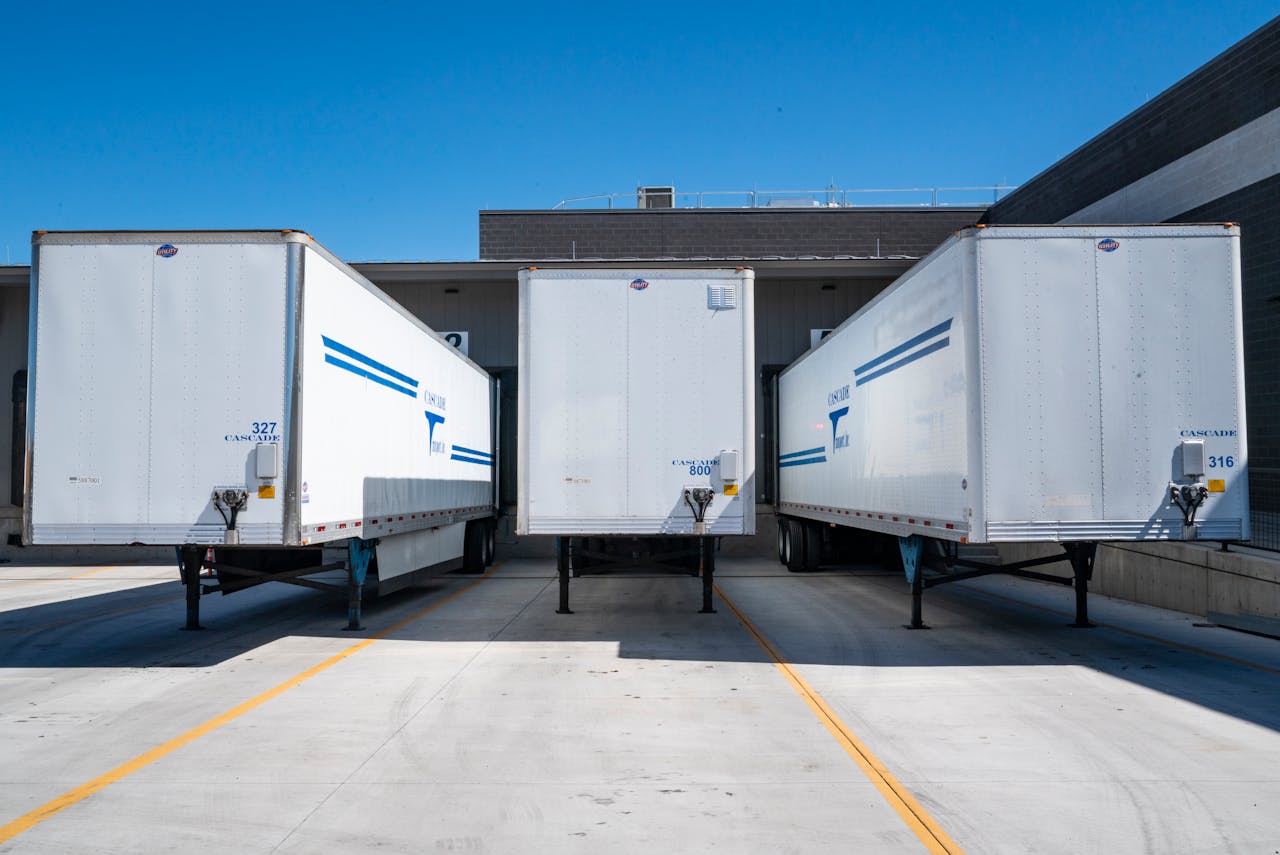For small and mid-sized enterprises (SMEs) that rely on imported goods, recent tariff increases have created significant financial challenges. Rising import costs directly impact profit margins, forcing businesses to either absorb the additional expenses or pass them on to customers. With global trade tensions shifting frequently, SMEs need proactive strategies to stay competitive.
Strategies to Offset Tariff Increases
To maintain financial stability while dealing with rising import costs, businesses can implement the following strategies:
1. Optimize Your Supply Chain
Relying on a single supplier or country of origin can make businesses vulnerable to sudden tariff hikes. Consider diversifying your supply chain by:
- Identifying alternative suppliers in tariff-free or lower-tariff countries.
- Negotiating better terms with existing suppliers to offset increased costs.
- Exploring domestic manufacturing or sourcing to reduce dependency on imports.
2. Adjust Pricing Strategically
Raising prices may be necessary, but it should be done carefully to avoid losing customers. Strategies include:
- Implementing small, incremental price increases rather than one large hike.
- Offering discounts for bulk purchases or long-term contracts to encourage customer loyalty.
- Clearly communicating price changes to customers and emphasizing value over cost.
3. Streamline Operations to Reduce Costs
Reducing operational inefficiencies can help offset tariff-related expenses. Consider:
- Automating financial and inventory management to optimize cash flow.
- Reducing waste in production and distribution processes.
- Renegotiating contracts with vendors, landlords, or service providers.
4. Leverage Tariff Mitigation Programs
Some government programs and tax incentives can help businesses manage tariff-related costs. Explore:
- Duty drawback programs that allow refunds on certain tariffed goods.
- Customs bonds or trade agreements that may lower import costs.
- Federal or state-level grants supporting businesses affected by trade policy changes.
5. Focus on Domestic and Alternative Markets
Expanding your business into new markets can help reduce reliance on tariffed imports. Strategies include:
- Identifying domestic suppliers or manufacturers to replace foreign imports.
- Exploring alternative product lines that are less affected by tariffs.
- Building stronger relationships with customers through value-added services.
How Nexera Can Help
At Nexera, we specialize in helping SMEs navigate financial challenges like rising tariffs. We work with businesses to analyze their cost structures, optimize supply chains, and implement automation tools to improve efficiency and profitability.
Take Control of Your Costs Today
Tariff increases don’t have to derail your business. With smart financial strategies and proactive planning, SMEs can maintain profitability and stay competitive. Contact Nexera today to learn how we can help you offset rising costs and build a more resilient business.


